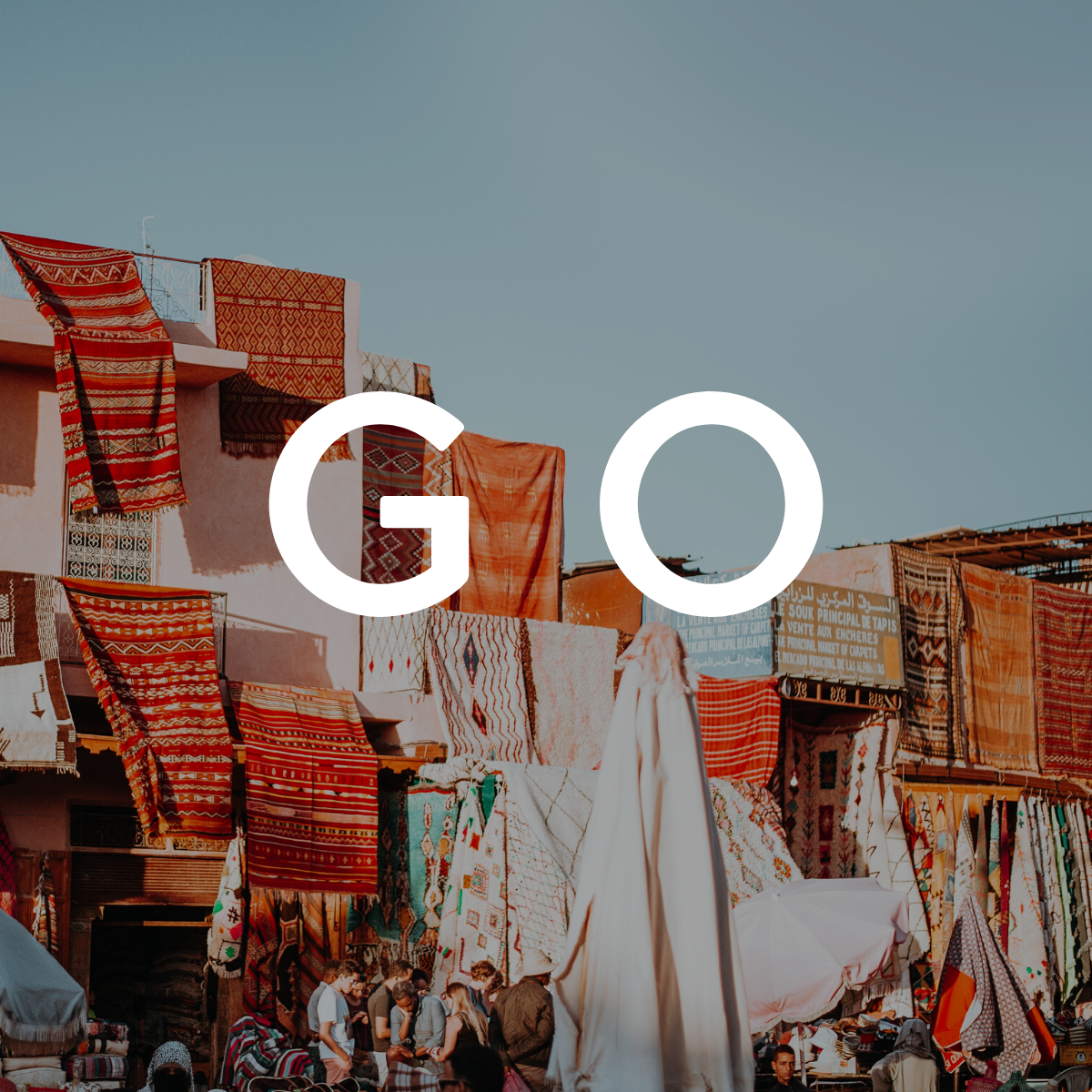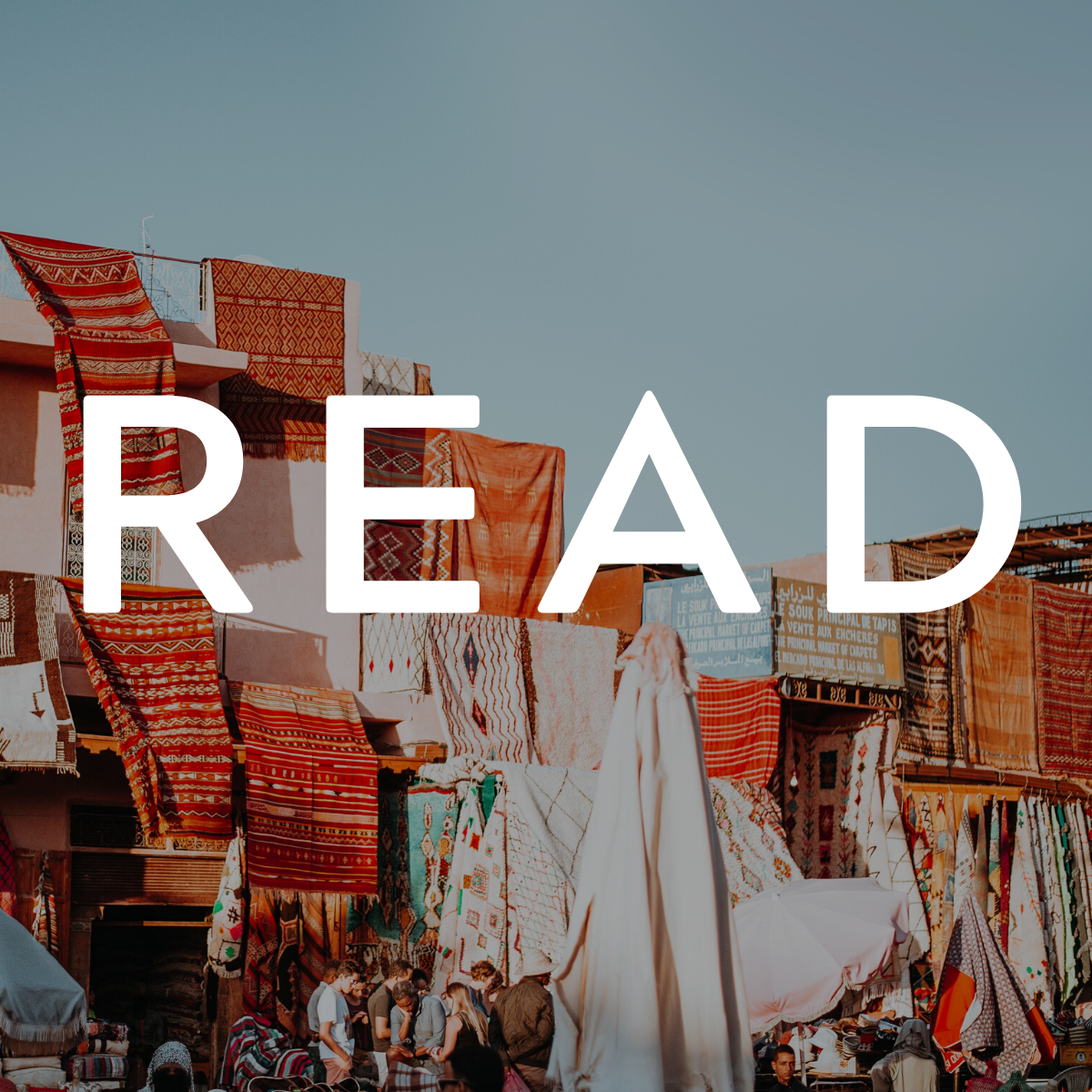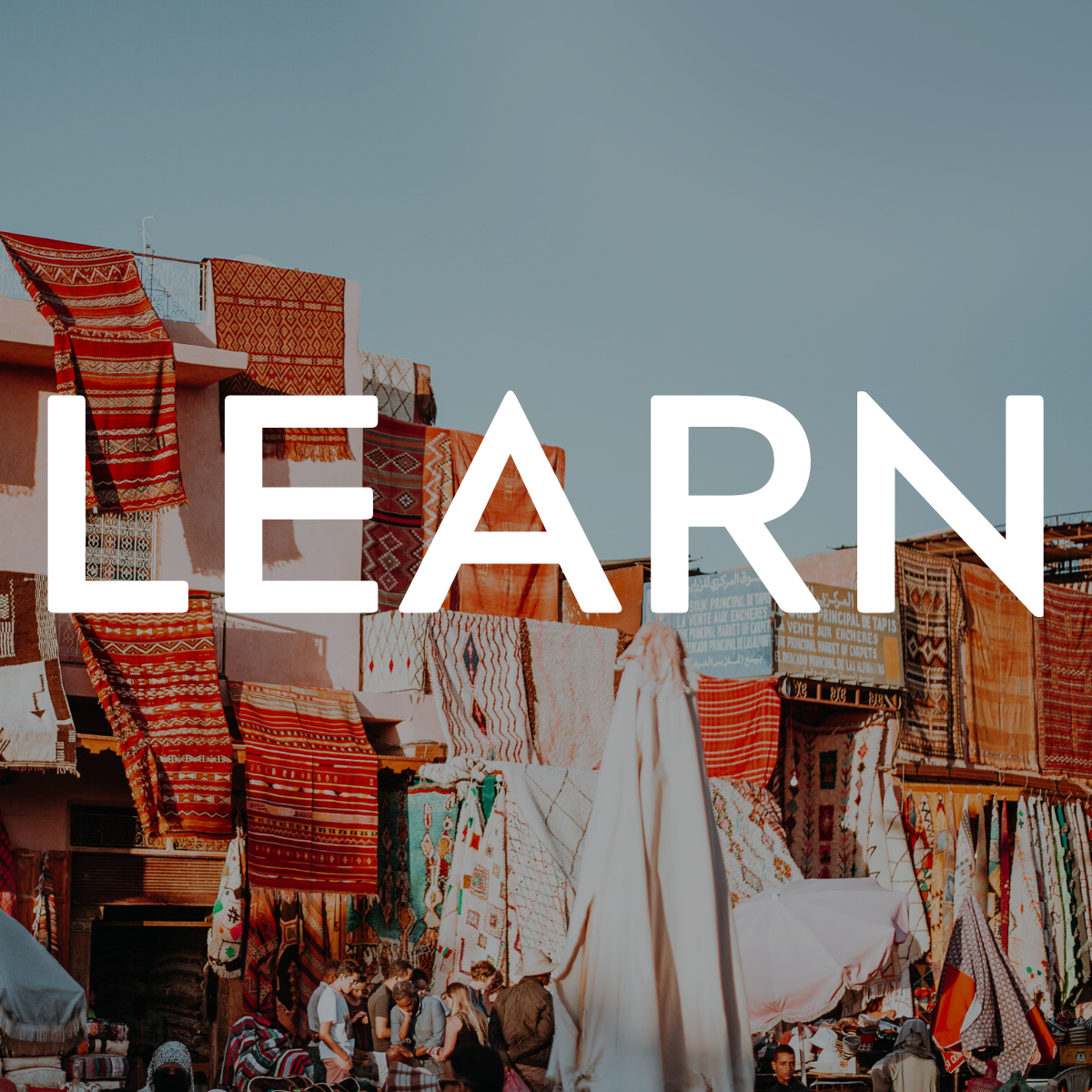Can a hungry belly hear the Gospel? | July 2020
Dear friends,
Over the last several years, I have helped run a clinic for Arab refugees who have flooded our Middle Eastern country. Once these refugees arrive, the support infrastructure is corrupt and overloaded as thousands receive little help with a $42 monthly stipend to live. Our Arab-church based clinic has been able to offer free medicine for basic chronic health needs; during COVID-19, we’ve also started a monthly food voucher program for local fruits and vegetables.
As we serve this community, we have wrestled with the issue of how to integrate relief work with sharing the gospel. We are surrounded by desperate needs, and wonder if people only listen to our message because they know they will receive something. Is it wrong for them to have mixed motives? Do I come before the Lord with mixed motives? I have been challenged to think about how a hungry belly can hear the gospel when you look in the eyes of such desperate needs. It’s striking one of Jesus’ most famous miracles was feeding the 5,000 while preaching the kingdom stories.
Another Sudanese refugee man was sitting on the steep stairs which line the hills of an urban low-income housing area. He looked up at me as I approached with bewilderment. I gave him his hypertensive medication as well as food vouchers. He told me, “I just prayed and asked God if he cared about me. You came walking down these stairs and gave me these gifts.” This man began to gently weep of the ways the Lord had answered his desperate prayer after months of unemployment and despair. He and his wife have been studying scriptures with us for over a year.
Isaiah 58:10 challenges us to meet the physical need as a way to usher in the opportunity to be a light for the spiritual need. There is a partnership.
“Feed the hungry, and help those in trouble. Then your light will shine out from the darkness, and the darkness around you will be bright as noon.”




Recent Comments